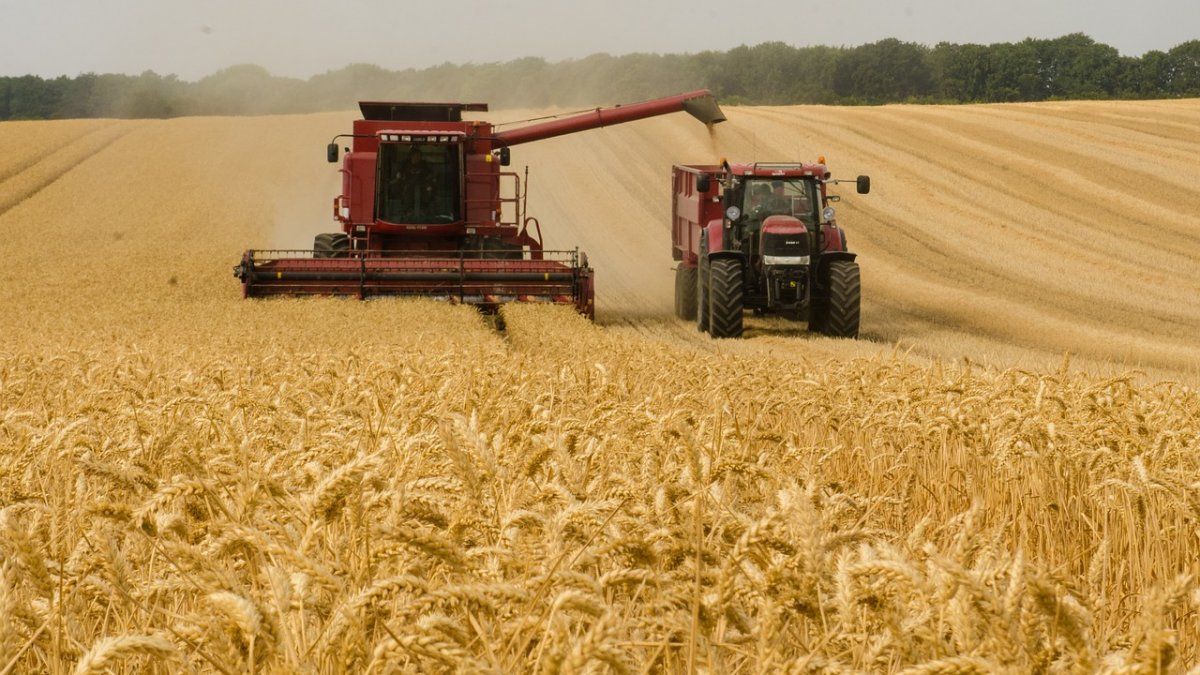In the work prepared by Guido D’Angelo, Florencia Poeta, Emilce Terré, Patricia Bergero and Julio Calzada, warned of the consequences of these restrictions “given the possibility that an optimal flow of imports of inputs and capital goods necessary to consolidate the almost US$38 billion of annual exports generated by the sale of grains, flour , oils and biofuels”.
In this regard, the researchers pointed out that “fertilizer imports are very far from being a factor of pressure for the Argentine balance of payments” and that, on the contrary, “it generates higher yields and production and, therefore, higher exports, activity and tax collection”. Due to the growing consumption of fertilizers, local production is insufficient to meet demand and more and more imports of this input are required for agricultural production.
In any case, due to the “robust level of nutrients in Argentine soils” the demand is not consistent with the relevance of the national agricultural market at the international level, with barely 1% of world consumption.
“However, the fertilization needs of Argentine soils are increasing, both for nutrient replenishment to maintain productivity levels, and to increase production and deepen the application of technology in various crops,” said the BCR .
For this reason, the entity warned that “if the import of fertilizers is not restarted in the coming weeks, risks will begin to be run for its application in Argentine crops.” In this sense, the BCR researchers simulated two scenarios, with a “moderate lack of fertilizers” and with a “critical situation”.
In the first case, there would be falls of 21.4% in wheat yields and 13.4% in corn yields, with a joint loss of production and exports estimated at US$3,388 million.
In the critical scenario, there would be falls of 26% in wheat yields and 19.4% in corn yields, with a global loss that would amount to US$4,576 million.
“Another issue that should not be ignored is the unstable international political situation and the Russia-Ukraine conflict, which could lead to profound changes in the world fertilizer market, with negative impacts on Argentine imports and supplies in the coming months,” added the Rosario Bag.
The BCR pointed out that the global fertilizer market has been “disrupted in recent years.” He detailed: “Bottlenecks in the exit from the pandemic, increases in world demand, changes in export policies, among other factors, have been driving up the prices of the main fertilizers worldwide. Supporting its yields and sustaining the productivity of Argentine soils, the national agribusiness has been requiring more and more fertilizers, year after year.”
Source: Ambito
David William is a talented author who has made a name for himself in the world of writing. He is a professional author who writes on a wide range of topics, from general interest to opinion news. David is currently working as a writer at 24 hours worlds where he brings his unique perspective and in-depth research to his articles, making them both informative and engaging.




